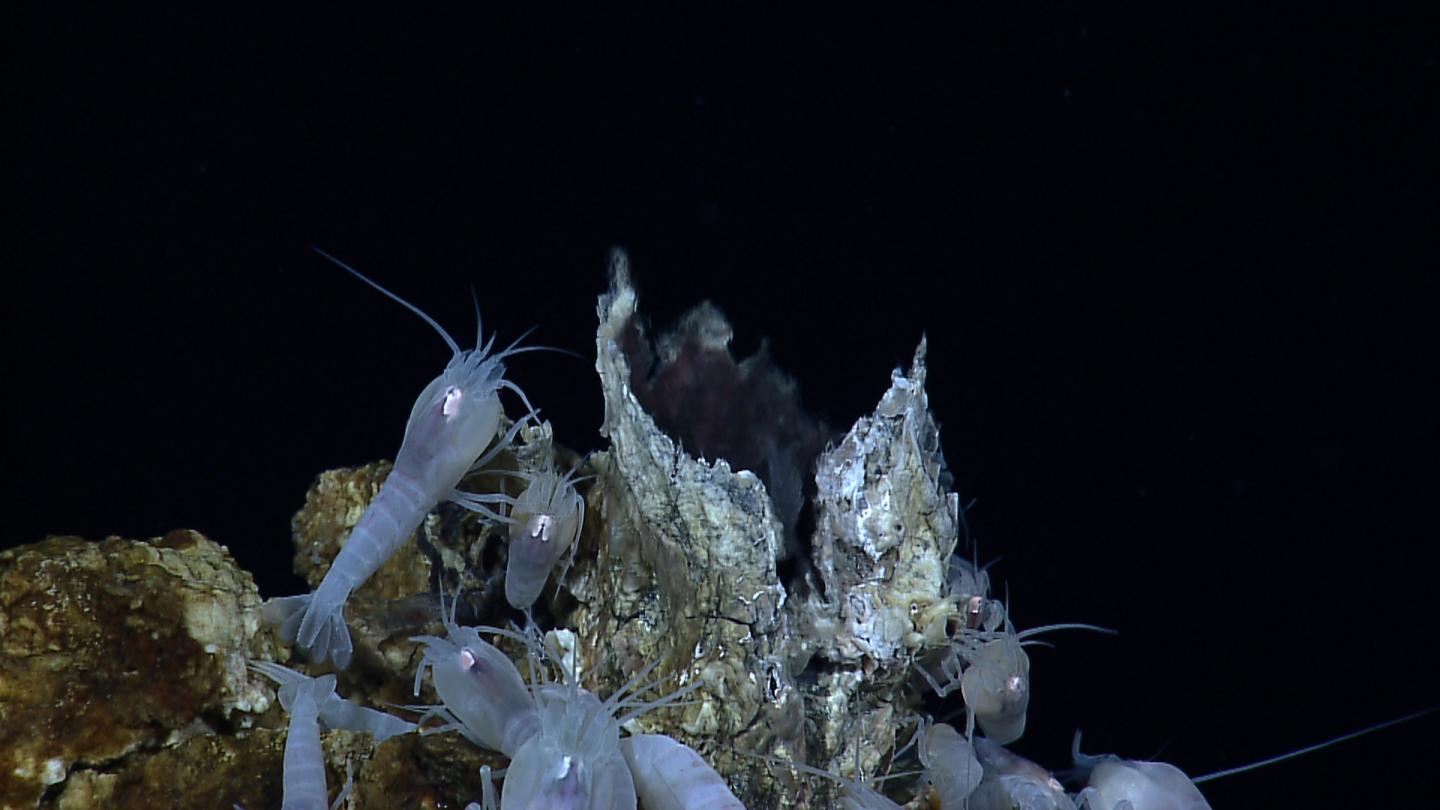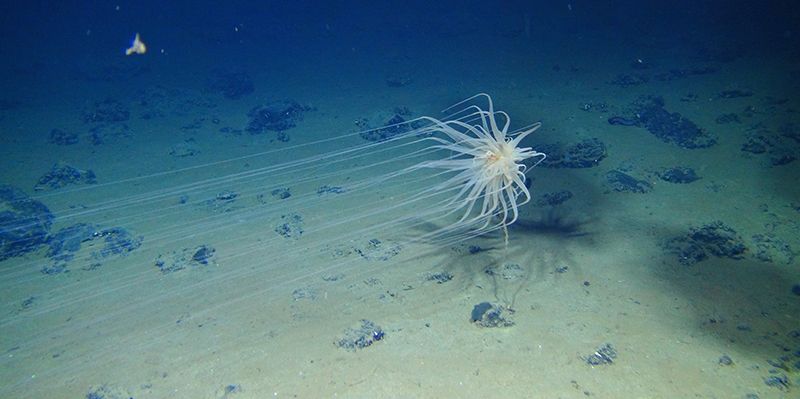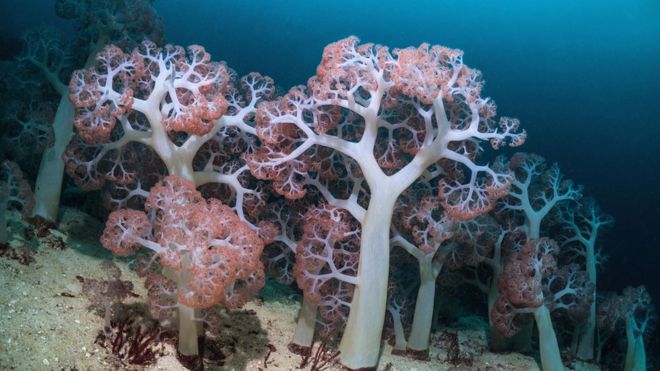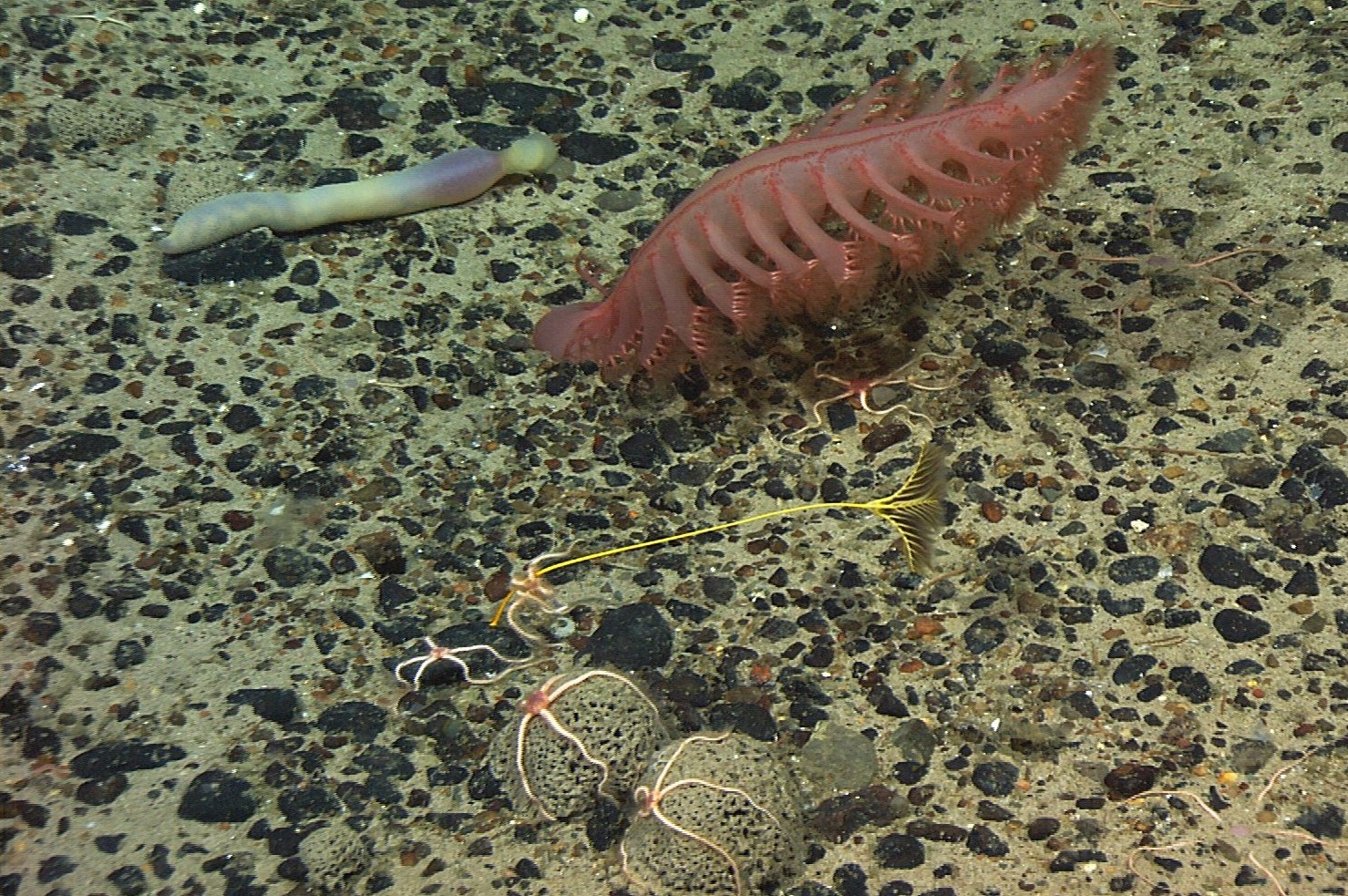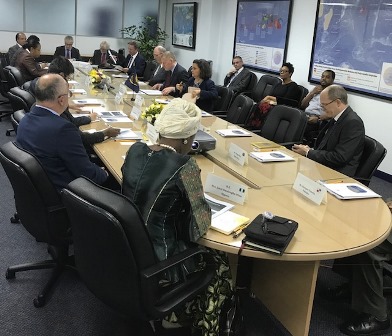On Friday, July 21st, a U.N Preparatory Committee on high seas biodiversity agreed on a recommendation to the U.N. General Assembly to advance an Intergovernmental Conference (IGC) to negotiate a potential Open Ocean Treaty for the protection of biodiversity and ecosystems beyond national jurisdiction.
Unlike the seabed beyond national jurisdiction, which has had a legal framework since the implementation of the U.N. Convention on the Law of the Sea (UNCLOS) and the formation of the International Seabed Administration (ISA), the water column and much of the biodiversity in areas beyond national jurisdiction lack a governance structure.
The Preparatory Committee was established by the UN in 2015 with the intent to explore four major elements of a proposed high-seas biodiversity treaty: including marine protected areas, benefit sharing from marine genetic resources, environmental impact assessments and the transfer of marine technology to developing nations. Since then, a series of four “PrepCom” meetings have taken place at U.N. Headquarters in New York City to attempt to reach consensus on some of these elements.
While complete consensus remained out of reach, the body was able to make the recommendation to the General Assembly to begin treaty negotiations via an IGC. To the disappointment of some treaty advocates, the PrepCom failed to set a specific timeline for such negotiations, stating only that they begin “as soon as possible” An IGC would mean formal negotiations on the text of a new treaty would commence.
ISA Executive-Director Michael Lodge participated in the recent PrepCom 4 meeting in New York, co-chairing a side event on Building Capacity in Biological Ocean Observations to support the conservation and sustainable use of BBNJ. In speaking to DSM Observer last month, Secretary-General Lodge positioned that, “any new high seas measures must not conflict with rules applicable to the seabed. The bottom line is that there already is a rather comprehensive governance framework for one of the areas beyond national jurisdiction and we need to consider rather carefully the extent to which new measures add value to what we already have.”

